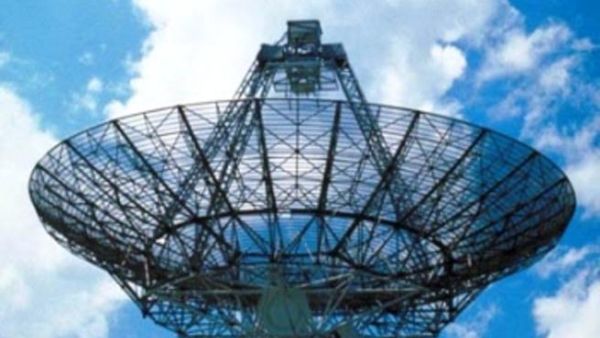Lebanon’s budget deficit in the first three months of 2012 fell to 22.26 percent of spending compared to 37.76 percent the same period of 2011, the Finance Ministry said Wednesday.
The ministry attributed the fall in deficit to revenues from the telecoms sector although observers question how Finance Minister Mohammad Safadi’s office could add these revenues if they were still sitting in the Central Bank account.
The Finance Ministry said in a footnote in the statement that the figures of the telecoms revenues were based on the calculations of the Telecoms Ministry and not according to real transfer of funds to the treasury.
This means that the Finance Ministry did not collect the money from the Telecoms Ministry but rather included the accounts sitting in the Central Bank to the general revenues that reside in the treasury.
Former Finance Minister Raya Hasan has criticized on many occasions the Finance Ministry’s budget deficit figures, stressing that Safadi has no right to include the telecoms revenues to the overall revenues if this funds have not been actually collected by the treasury.
Hasan refused to include the telecoms revenues to the total income of the treasury because former Telecoms Minister Charbel Nahhas transfered the Finance Ministry’s share at the end of each year instead on monthly basis.
According to the statement, the budget deficit in first quarter reached LL1.009 trillion compared to LL1.655 trillion in the same period of 2001, a decrease of LL646 billion.
The primary surplus, excluding the cost of debt servicing, up to March of this year reached LL267 billion compared to a deficit of LL218 billion for this same period a year ago.
Total government revenues up to March of this year reached LL3.352 trillion compared to LL2.549 trillion last year, an increase of 31.48 percent. Revenues from the value added tax in the three months of 2012 rose by 12.66 percent to LL873.179 billion.
However, revenues from tariffs up to March of this year fell by 1.37 percent to LL529.011 billion. Total government spending in the same reporting period reached LL4.531 trillion compared to LL4.383 trillion for the first quarter of 2011, an increase of 3.37 percent.
The cost of debt servicing (or the cost of maturing Eurobonds and treasury bills) reached LL3.255 trillion in the first four months compared to LL2.946 trillion in the same period of last year, an increase of LL309 billion.
The bulk of the government spending goes to three areas: debt servicing, salaries of government employees and allocations to Electricite du Liban.
Prime Minister Najib Mikati has not yet endorsed Safadi’s 2012 draft budget and is not likely to do so since most of the ministers oppose any new taxes that could trigger wide protest because of the tight economy.








